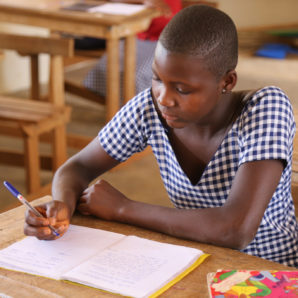
Côte d’Ivoire’s Working Definition of Gender Empowers and Excludes
Although Côte d’Ivoire embraces gender equality concerns, the state concept of gender does not include the LGBTQ community and focuses mainly on closing the gender gap between men and women.
Read More →
Although Côte d’Ivoire embraces gender equality concerns, the state concept of gender does not include the LGBTQ community and focuses mainly on closing the gender gap between men and women.
Read More →
